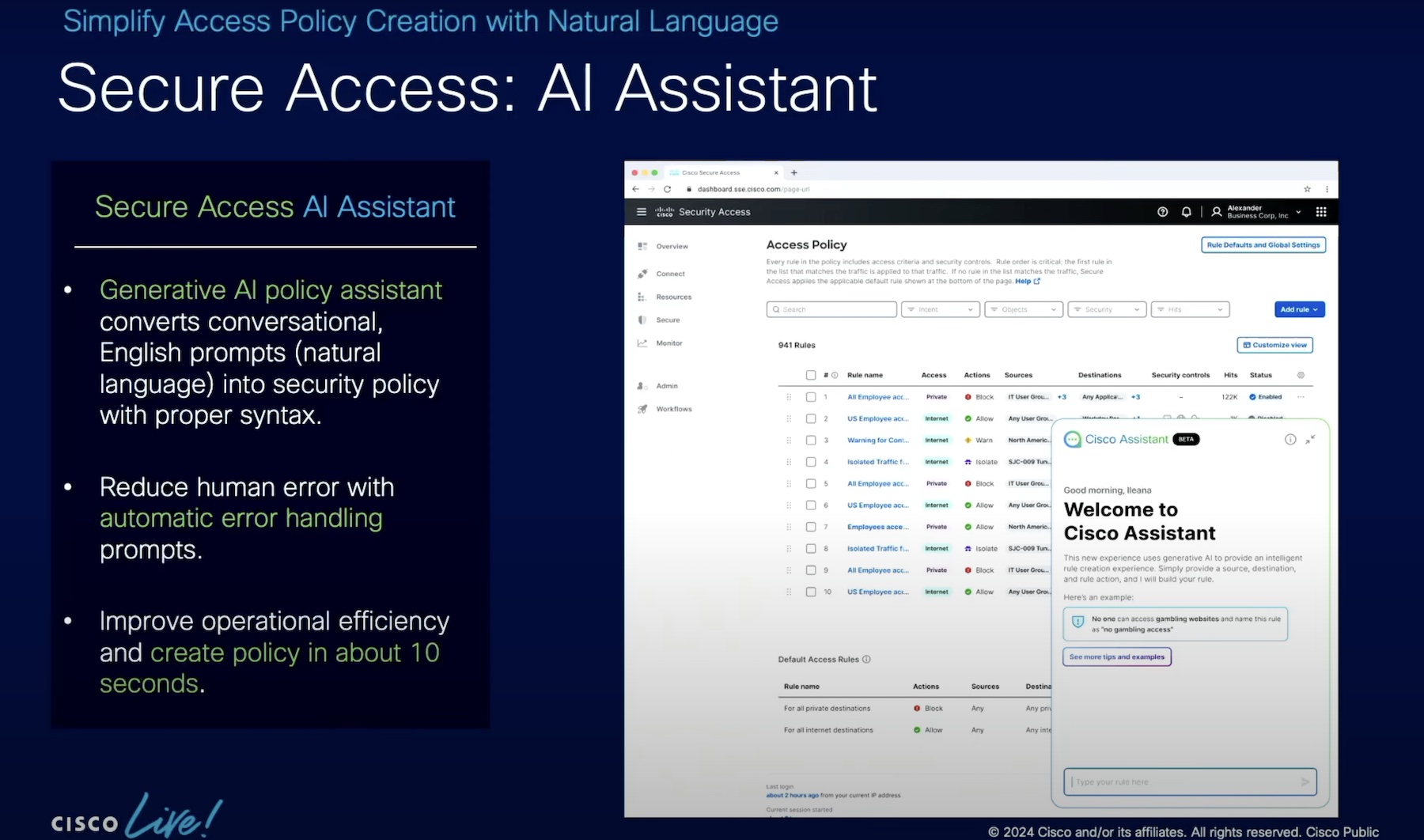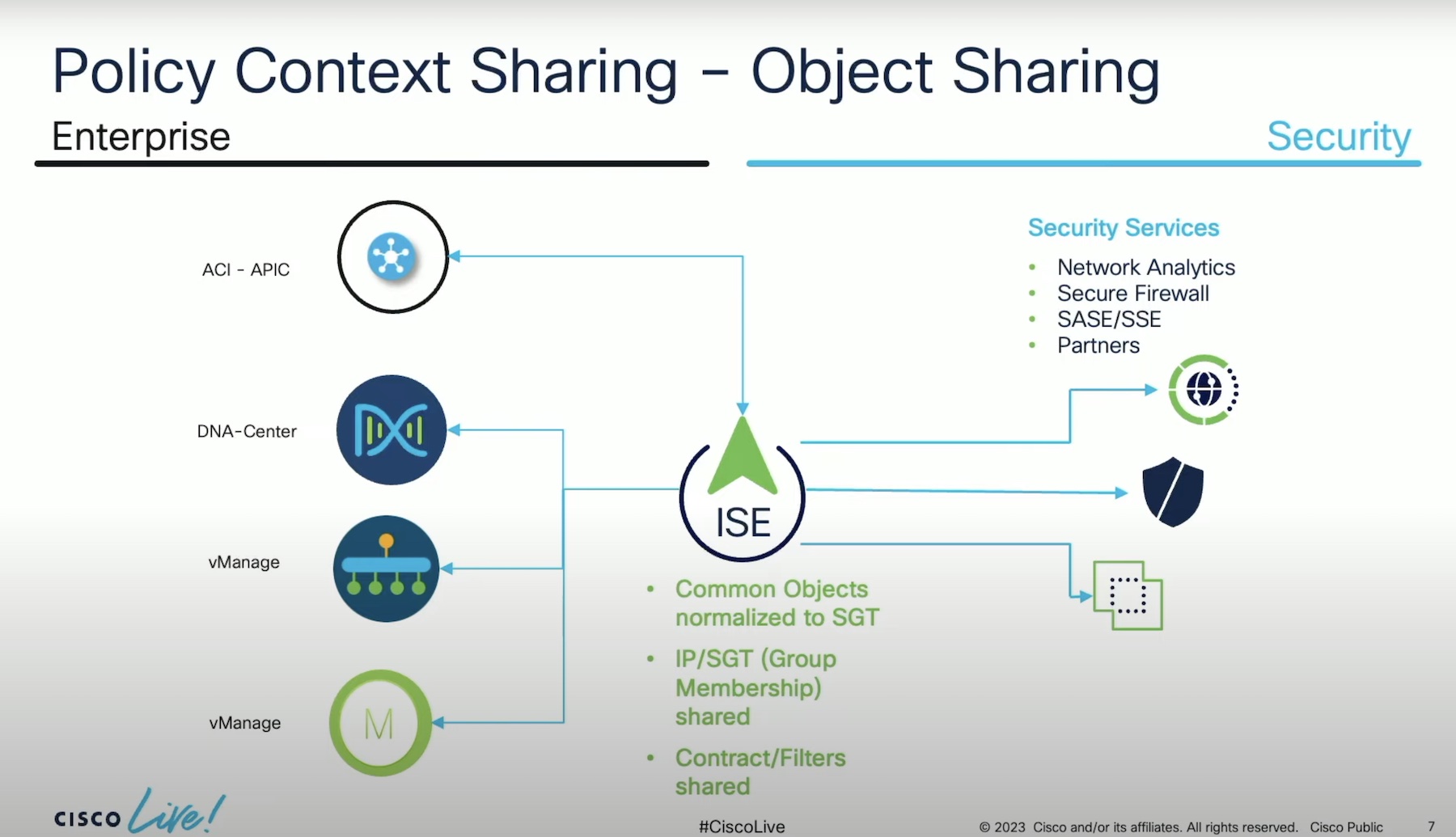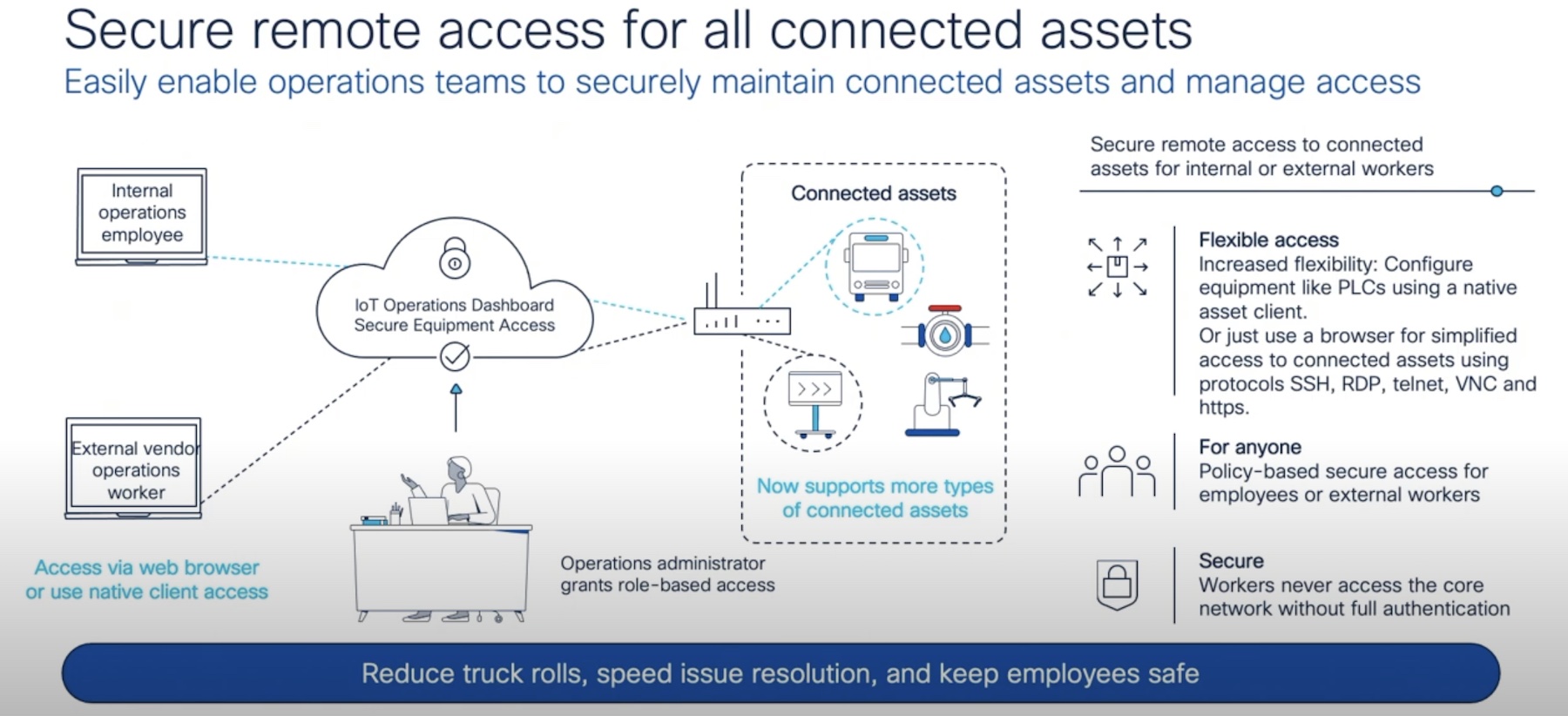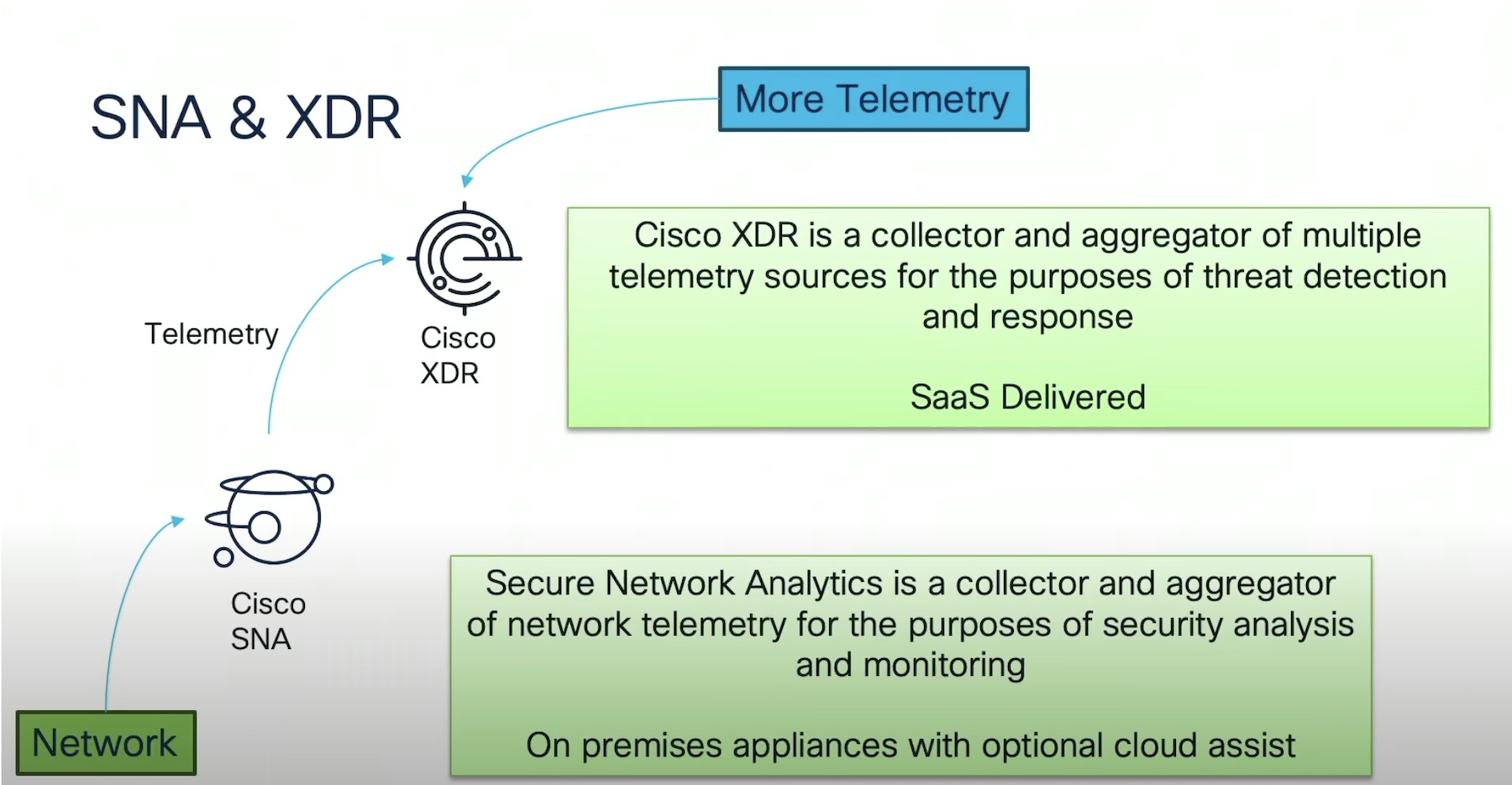A new breed of AI assistants has arrived in the market throwing stiff competition at the former generation, the likes of Google Assistant and Siri. These digital assistants behave convincingly like a second-in-command human, taking on any admin work that you care to pass on to them. At Tech Field Day Extra at Cisco Live EMEA 2024, the audience saw one such AI assistant in action.
Cisco dropped an AI helper for Cisco Secure Access, the Cisco AI Assistant. It is built to finish boring chores autonomously for professionals. Technical Marketing Engineer and Tech Lead, Justin Murphy, gave the audience a walk-through of the capabilities and a quick demo of the new service at Tech Field Day Extra at Cisco EMEA 2024 in Amsterdam.
Comprehensive SSE with Cisco Secure Access
Secure Access is Cisco’s security service edge (SSE) solution that provides users protected access to applications from any device in any location. “It offers a cloud-provided security solution for user access to both private apps and the Internet. It provides many security controls within the stack between users and applications,” said Murphy.
The solution packs several core SSE capabilities – Zero Trust Network Access (ZTNA), secure web gateway, data loss prevention (DLP), cloud access security broker (CASB), and Firewall as a Service (FWaaS) – rare to find in a single subscription.
Typically, these services being unique, come from individual solutions. More than the complexity they breed, it is the repetitive work of policy management and the risks of error involved that make such a stack counterproductive.
“We’ve taken all of the policies that you would need for these different components, and brought them together,” he said. The Cisco AI Assistant can handle policy management skillfully and reliably with minimum intervention.
An AI Policy Helper
Cisco embeds the natural language interface to Secure Access as a way to make AI pervasive across the security cloud portfolio, told Murphy. Cisco AI Assistant furthers three key objectives – assist IT administrators in building and enforcing access policies, augment their capabilities, and automate all repeatable processes, “so that they don’t have to spend time writing the same rules over and over, or worry about how to create them.”
Responding to English language prompts with impressive skill, the chatbot can generate new policies instantly, based on commands, and guide administrators through the process. The core purpose is to create concrete policies with conversational phrases and prompts. This cuts down the work and effort, but more importantly, eliminates the risk of human error.
The chatbot can create a policy in under 10 seconds, highlighted Murphy. “It’s specifically developed to help you write rules, and we’re building this across our firewalls, XDR and insecure exits.”

Getting started is as simple as with any GenAI chatbot. Just verify the rules you want it to play by, and start using it. Once configured, the Cisco AI Assistant starts responding to prompts. If you ask it to create a new policy with certain parameters, it gets to work framing the right syntaxes, piecing them together into a working policy, and logging the final output in the inventory.
It can generate a policy or multiple policies on the spot with just three information – source, destination and rule action. It happens so swiftly that it makes policy writing seem uncomplicated.
The AI assistant does a decent job of reading through typos and misspellings, notes Murphy. If it detects an error in the prompt, it asks the administrator to edit the sentence. This can be done with single clicks. Dropdown menus pop up in the commands steering the users through without having to retype. The assistant names each policy either on its own or based on the administrator’s input. Once a policy has been created, it is logged in the policy page with full details, ready to be enabled or disabled any time.
Scanning AI Usage with Cisco Secure Access
Murphy drew the crowd’s attention to a second capability underpinned by AI. It is monitoring and secure usage of AI solutions.
“With AI being an asset to organizations, employees are using it, but not always in a way that is safe for the company, either leaking company secrets, uploading code to repositories, or even sending PII out to the Internet or making it part of the AI data lake,” he noted.
Secure Access’s built-in AI-driven monitoring and DLP protection capabilities secure intellectual properties like PII, HIPAA and internal codes from going into third-party AI solutions. It continually observes AI usage, and stops any kind of data leak from happening.
It sits undisruptive in the background, monitoring user access to AI tools. The source code has a built-in identifier that is trained in multiple languages to scan for suspicious keywords and phrases. If a user attempts to upload information that is against the policy, it automatically blocks the action and alerts the user. For all PII data, it redacts parts of the info to ensure data privacy.
Inside the Cisco Secure Access dashboard, snippets pop up for every preventive action telling why an access was denied.
The application can currently recognize 70 different GenAI tools, including APIs. Aside from AI, it monitors a breadth of IT applications, namely, cloud, storage, backup and recovery, compute, content management, business intelligence, social media, and so on.
The Cisco AI Assistant is in its beta stage, and work is ongoing to fine-tune its responses, and make it more powerful.
For more, be sure to check out the live demo in the later part of Cisco’s presentation from the Tech Field Day Extra at Cisco Live EMEA 2024.




